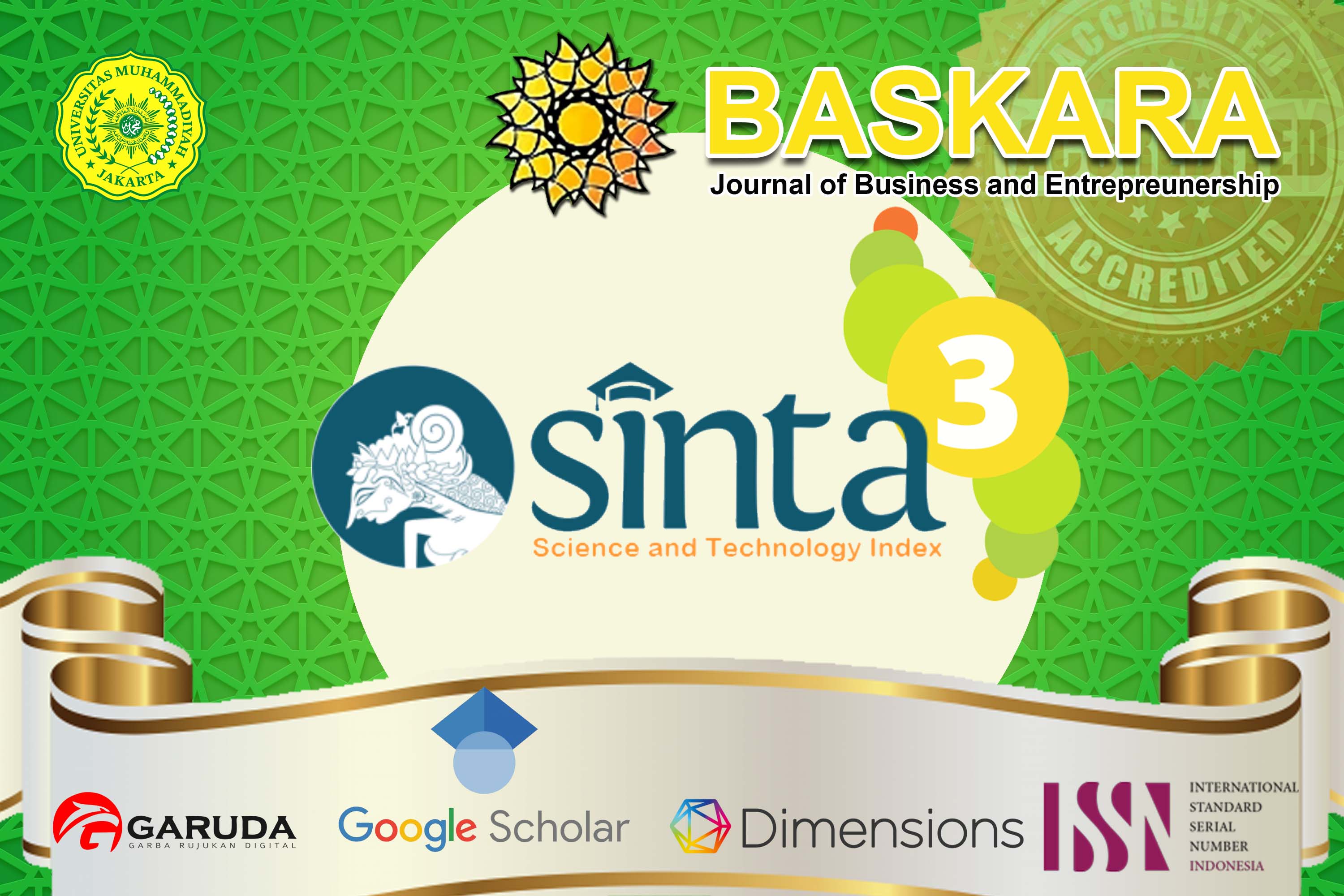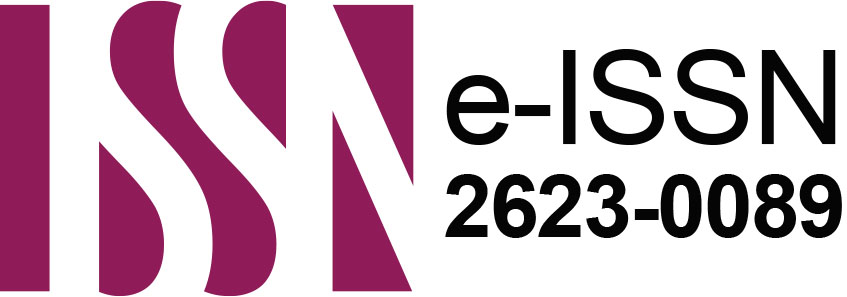Islamic Economic Methodology Aproach to Achieve Economic Equity: Epistemological Study
Abstract
Economic policies based on capitalism and socialism have proven to have failed to create a just economy. As a result of adhering to capitalist and socialist ideologies, macroeconomic imbalances and national instability occur. The welfare and prosperity of the people does not depend on production alone, but also on its proper distribution. Wealth in a country can be produced in large quantities, but if its distribution is not based on true and fair principles, then the country will not be able to achieve prosperity. This article aims to find out how the methodology of Islamic economics realizes equity and falah. This research uses descriptive qualitative research method with a literature review approach. Data collection techniques, with literature, from several sources obtained that are relevant to the theme. Books, journals, websites, and others. The data analysis technique is descriptive qualitative, describing the study of Islamic economic epistemology that can help realize economic equity. The results in this study BMT is a financial institutional system that is able to reform the conventional economic system and bring economic justice and equitable distribution with practical provisions through syar'i arrangements in collecting and distributing through wadi'ah, mudharabah, musyarakah, murabahah, salam, istishna transactions. , ijarah, and qardh. The implementation of Islamic social finance in Indonesia can be seen through the existence of various financial institutions that provide financial services by involving Islamic social funds such as Baznas (National Amil Zakat Agency), BWI (Indonesian Waqf Board) and other institutions with the aim of embracing the middle, small, and medium-sized micro communities.
Keywords
Full Text:
PDFReferences
Mahri. W, Jajang. A dkk (2021). Ekonomi Pembangunan Islam. Jakarta : Departemen Ekonomi dan Keuangan Syariah – Bank Indonesia.
Abdul Qoyum, A. F. S. N. (2021) Sejarah Pemikiran Ekonomi Islam, Departemen Ekonomi dan Keuangan Syariah – Bank Indonesia.
Astuti, M. (2017) ‘Konsep Pemerataan Ekonomi Umar Bin Abdul Aziz (818 M-820M)’, At-Tauzi’ : Jurnal Ekonomi Islam, 17(2), pp. 141–155.
Ibrahim, A. et al. (2021) Pengantar Ekonomi Islam.
Iswanto, B. (2019) ‘PENDEKATAN BUDAYA LOKAL: MENINGKATKAN PEREKONOMIAN DAN TATANAN SOSIAL MASYARAKAT PERBATASAN (dalam Perspektif Ekonomi Islam)’, BASKARA: Journal of Business and Entrepreneurship, (4), pp. 13–20. doi: 10.24853/baskara.2.1.13-20.
Mossy, J. L. B. and Arsyad, A. L. L. (2019) ‘Pertumbuhan Dan Pemerataan Ekonomi, Perspektif Ekonomi Syariah’, Amal: Jurnal Ekonomi Syariah, 01(02), pp. 206–230. Available at: https://www.jurnal.iainambon.ac.id/index.php/amal/article/view/1258/0.
Muh. Yunus Shamad (2017) ‘Epistimologi Ekonomi Islam dan Dikotomi Ilmu Ekonomi Islam’, Istiqra’, 4(2), pp. 182–188.
Muhammad, P. (2020) ‘Keadilan dan Pemerataan Ekonomi Melalui Konsep Baitul Mal wat Tamwil (BMT)’, Al-Qisthu: Jurnal Kajian Ilmu-ilmu Hukum, 18(2), pp. 54–60. doi: 10.32694/010970.
Saputram, N. H., Kholisiah, L. and Nuraini, E. (2019) ‘Potensi Prospek Wisata dalam Meningkatkan Ekonomi Daerah (Studi Kasus : Kota Bandung)’, Journal of Business and Entrepreneurship, 4(1), pp. 93–103.
suryani, E. (2010) ‘Distribusi Pendapatan dan Pemenuhan Kebutuhan dalam Ekonomi Islam’, Al-Hurriyah, 11(2), pp. 375–396.
DOI: https://doi.org/10.54268/baskara.v4i2.12189
Refbacks
- There are currently no refbacks.
Copyright (c) 2022 BASKARA : Journal of Business and Entrepreneurship
BASKARA: Journal of Business and Entrepreneurship Copyright of Baskara: Journal of Business and Entrepreneurship (e-ISSN: 2623-0089 ). This work is licensed under a Creative Commons Attribution-NonCommercial 4.0 International License |
















